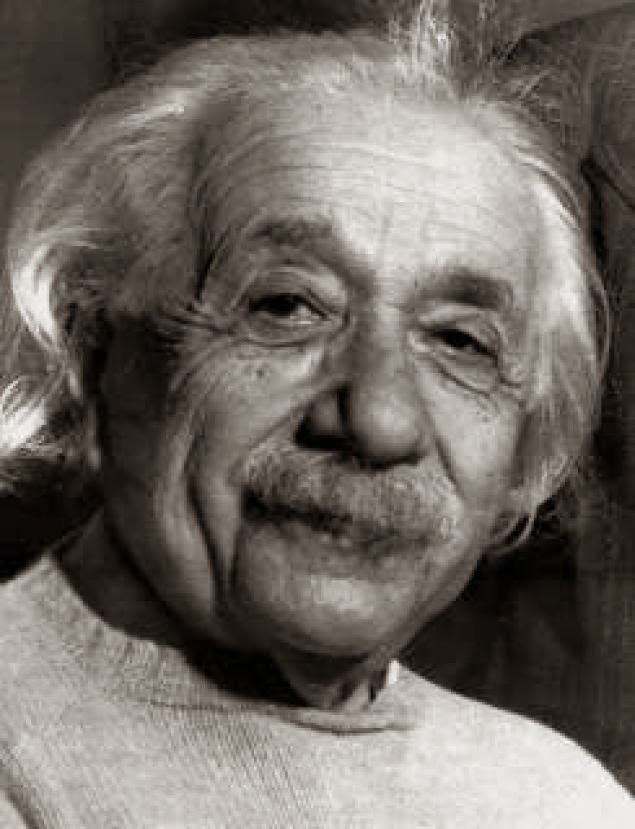in the soul of man there is a justice whose retributions are instant and entire. He who does a good deed is instantly ennobled. He who does a mean deed is by the action itself contracted. He who puts off impurity thereby puts on purity. If a man is at heart just, then in so far is he God; the safety of God, the immortality of God, the majesty of God, do enter into that man with justice. If a man dissemble, deceive, he deceives himself, and goes out of acquaintance with his own being. Character is always known. Thefts never enrich; alms never impoverish; murder will speak out of stone walls. The least admixture of a lie—for example, the taint of vanity, any attempt to make a good impression, a favorable appearance—will instantly vitiate the effect. But speak the truth, and all things alive or brute are vouchers, and the very roots of the grass underground there do seem to stir and move to bear your witness. For all things proceed out of the same spirit, which is differently named love, justice, temperance, in its different applications, just as the ocean receives different names on the several shores which it washes. In so far as he roves from these ends, a man bereaves himself of power, of auxiliaries. His being shrinks . .. he becomes less and less, a mote, a point, until absolute badness is absolute death. The perception of this law awakens in the mind a sentiment which we call the religious sentiment, and which makes our highest happiness. Wonderful is its power to charm and to command. It is a mountain air. It is the embalmer of the world.
It makes the sky and the hills sublime, and the silent song of the stars is it. It is the beatitude of man. It makes him illimitable. When he says 'I ought'; when love warns him; when he chooses, warned from on high, the good and great deed; then, deep melodies wander through his soul from supreme wisdom. Then he can worship, and be enlarged by his worship; for he can never go behind this sentiment. All the expressions of this sentiment are sacred and permanent in proportion to their purity. [They] affect us more than all other compositions. The sentences of the olden time, which ejaculate this piety, are still fresh and fragrant. And the unique impression of Jesus upon mankind, whose name is not so much written as ploughed into the history of this world, is proof of the subtle virtue of this infusion.
Emerson
-->


